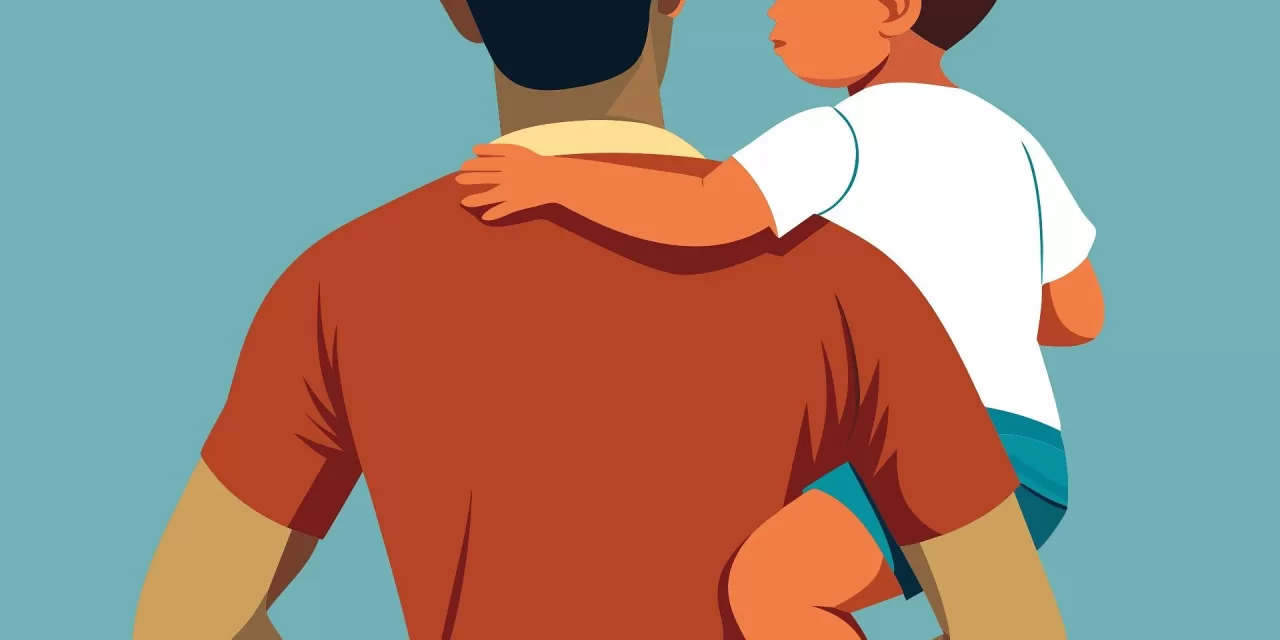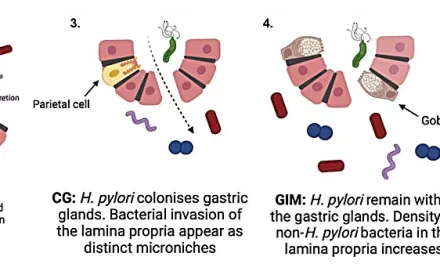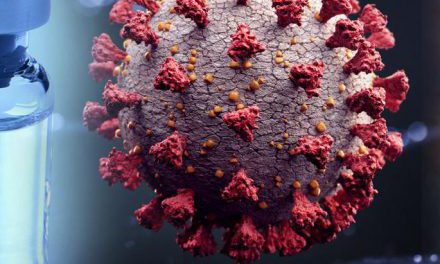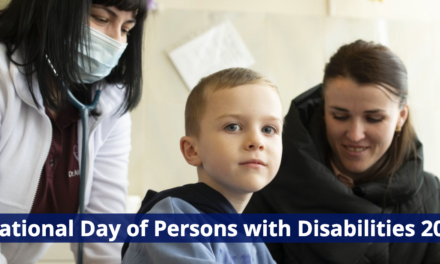While postpartum depression (PPD) is often associated with mothers, new research has uncovered that fathers also experience significant mental health challenges after the arrival of a baby. A groundbreaking study published in the Journal of Affective Disorders has found that approximately one in 10 men face depression during the postnatal period, revealing an overlooked facet of fatherhood.
The transition to parenthood brings profound changes for both mothers and fathers. For men, this life stage often triggers shifts in identity, relationships, and daily routines. However, they also face biological changes, including unexpected hormonal fluctuations, which may contribute to the onset of postpartum depression.
“It’s a little-known fact that men also experience hormonal changes postpartum, which can add to postpartum depression,” said licensed professional counselor Joshua P. Smith, as quoted in Parents magazine. “This includes a drop in testosterone, which affects mood and sleep.”
Several factors increase the risk of PPD in fathers, including preexisting mental health conditions, financial stress, sleep deprivation, and changes in relationship dynamics. However, many fathers suffer silently due to societal expectations surrounding masculinity. Such pressures may prevent them from recognizing their symptoms or seeking help.
“PPD is often missed in fathers due to the stigma surrounding it,” said Renee Goff, licensed clinical psychologist, speaking to Psych Central. “Society often expects men to ‘just get over it,’ ‘suck it up,’ or ‘be a man.’ Plus, a man being ‘angry and irritable’ is more socially acceptable.”
Fathers may show different signs of postpartum depression than mothers. Instead of sadness, many men experience irritability, emotional withdrawal, and difficulty bonding with their newborns. In some cases, they may cope by engaging in unhealthy behaviors such as substance use or throwing themselves into work.
Despite the challenges, the study also uncovered a silver lining. Fathers who prioritize mental health before having children are significantly less likely to experience severe postnatal depression. For every measurable increase in a father’s pre-birth well-being, their risk of moderate-to-severe depression dropped by 10%, according to the research.
This study, titled Transitioning to Fatherhood: Prospective Effects of Well-being on Future Depression Symptoms, was conducted by Edward J. O’Connor and colleagues. It emphasizes the importance of supporting fathers’ mental health both before and after childbirth, encouraging better outcomes for both parents and children.
For more information, refer to the study in the Journal of Affective Disorders (2024). DOI: 10.1016/j.jad.2024.10.102.












